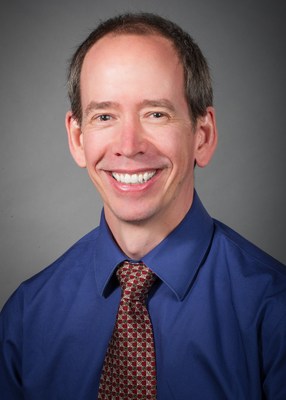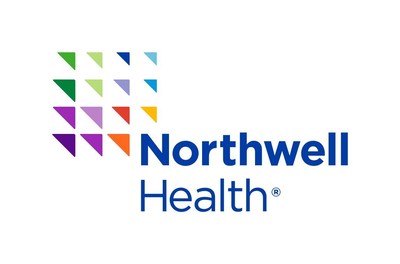Subjects: CON, SVY
Bioelectronic medicine study to improve hearing restoration receives $9.7 NIH grant
MANHASSET, N.Y., March 22, 2019 /PRNewswire/ -- Loren Rieth, PhD, a professor at the Feinstein Institute for Medical Research and leading researcher in the field of bioelectronic medicine, will collaborate with a global team of engineers, surgeons and medical researchers funded by a $9.7 million grant from the National Institutes of Health (NIH) Brain Research through Advancing Innovative Neurotechnologies® (BRAIN) Initiative. The grant allows for the study of improved hearing treatment. Led by the University of Minnesota, the international research team seeks to develop a new implantable device and surgical procedure to restore more natural hearing for individuals who are deaf or severely hard-of-hearing. This effort seeks to advance the treatment for deafness beyond the limits of the widely-used cochlear implant.

Since the mid-1980s, the cochlear implant has been used to treat deafness. The device consists of an electrode array that is implanted in the bony, snail-shaped structure in the ear, called the cochlea, to stimulate the auditory nerve that projects to the brain. According to the National Institutes on Deafness and Other Communication Disorders, the number of people who use cochlear implants keeps growing. More than 324,200 people across the world have cochlear implants. In the United States, more than 96,000 people have cochlear implants, including about 38,000 children.
"I am honored to collaborate with a renowned team and to be supported by the NIH so that we can aim toward creating a device that directly stimulates the auditory nerve and brings back hearing for patients who are currently left with no solution," said Professor Rieth. "I'm excited by the opportunity to apply the nerve stimulation approaches of bioelectronic medicine to hearing restoration, focusing on the hearing nerve that travels from the cochlea to the brain."
The five-year grant will allow Professor Rieth and his collaborators to develop the technology and surgical approach, study the device's safety and effectiveness, and ultimately implant the devices in volunteers with hearing loss who are not able to use cochlear implants. His work on pre-clinical development to evaluate the performance of this technology will be performed in close collaboration with Professor David Warren from the Department of Biomedical Engineering at the University of Utah.
"Collaboration across fields of expertise and institutions is critical to the continuing success of bioelectronic medicine," said Kevin J. Tracey, MD, president and CEO of the Feinstein Institute. "The study brings together eight institutions from the United States and Europe to advance new devices for hearing loss."
The researchers of this study are led by Hubert Lim, PhD, associate professor in the University of Minnesota's Department of Biomedical Engineering in the College of Science and Engineering and Department of Otolaryngology in the Medical School, as well as investigators from the University of Utah, Hannover Medical School in Hannover, Germany, International Neuroscience Institute in Hannover, Germany, Hannover Clinical Trial Center in Germany, Blackrock Microsystems LLC in Salt Lake City, Utah, University of Utah in Salt Lake City, UT, and MED-EL in Innsbruck, Austria.
To read more about the new NIH Brain Initiative Grant Project Number: 1UG3NS107688-01 led by the University of Minnesota, visit the NIH website.
About the Feinstein Institute
The Feinstein Institute for Medical Research is the research arm of Northwell Health, the largest health care provider in New York. Home to 50 research laboratories and to clinical research throughout dozens of hospitals and outpatient facilities, the Feinstein Institute includes 4,000 researchers and staff who are making breakthroughs in molecular medicine, genetics, oncology, brain research, mental health, autoimmunity, and bioelectronic medicine ? a new field of science that has the potential to revolutionize medicine. For more information about how we empower imagination and pioneer discovery, visit FeinsteinInstitute.org.
Contact: | David Robbins |
516-465-8325 | |

SOURCE The Feinstein Institute for Medical Research
These press releases may also interest you
|
News published on and distributed by:



